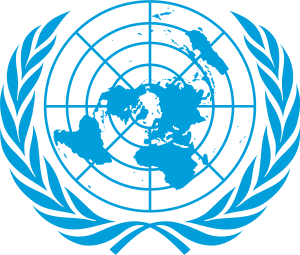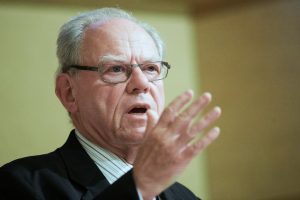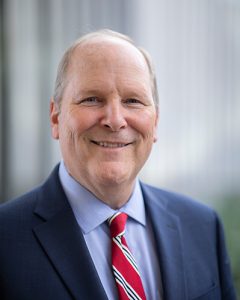Response to the UN’s “Call for Input to a Thematic Report: Freedom of Religion or Belief (FoRB) and Sexual Orientation and Gender Identity (SOGI)”

The following is a response to a United Nations’ “Call for Input to a Thematic Report: Freedom of Religion or Belief (FoRB) and Sexual Orientation and Gender Identity (SOGI).” Victor Madrigal-Borloz, UN Independent Expert on protection against violence and discrimination based on SOGI, issued the call to inform his June 2023 report to the UN Human Rights Council on the right to FoRB in relation to SOGI.
Principal author of this response is W. Cole Durham, Jr., founding director of the International Center for Law and Religion Studies (ICLRS). Contributors include Alexander Dushku, shareholder at Kirton McConkie; Scott E. Isaacson, shareholder at Kirton McConkie and ICLRS senior fellow; Denise Posse Lindberg, Utah senior district judge (Third District Court, inactive) and ICLRS senior fellow; and David H. Moore, former UN Human Rights Committee member and current associate director of the ICLRS and Sterling and Eleanor Colton Endowed Chair for Law and Religion at Brigham Young University’s J. Reuben Clark Law School. This Response reflects the personal views of the author and contributors and not necessarily those of their employers or sponsoring institutions.
Tensions regarding competing claims for freedom of religion or belief (FoRB) and sexual orientation and gender identity (SOGI) rights have been central to “culture wars” for many years. Addressing this tension in the context of a thematic report for the United Nations calls for particular wisdom and balance. A holistic approach sensitive to the countervailing considerations is particularly vital in this area. In many parts of the world, resentment of LGBT+ agendas takes the form of general disenchantment with the international human rights movement. On the other hand, FoRB claims in certain quarters are read as masks for bigotry. Such polarized and polarizing positions are both excessive and surely mark a failure of discourse and a deeper failure to apprehend the reciprocal claims to human dignity involved.


